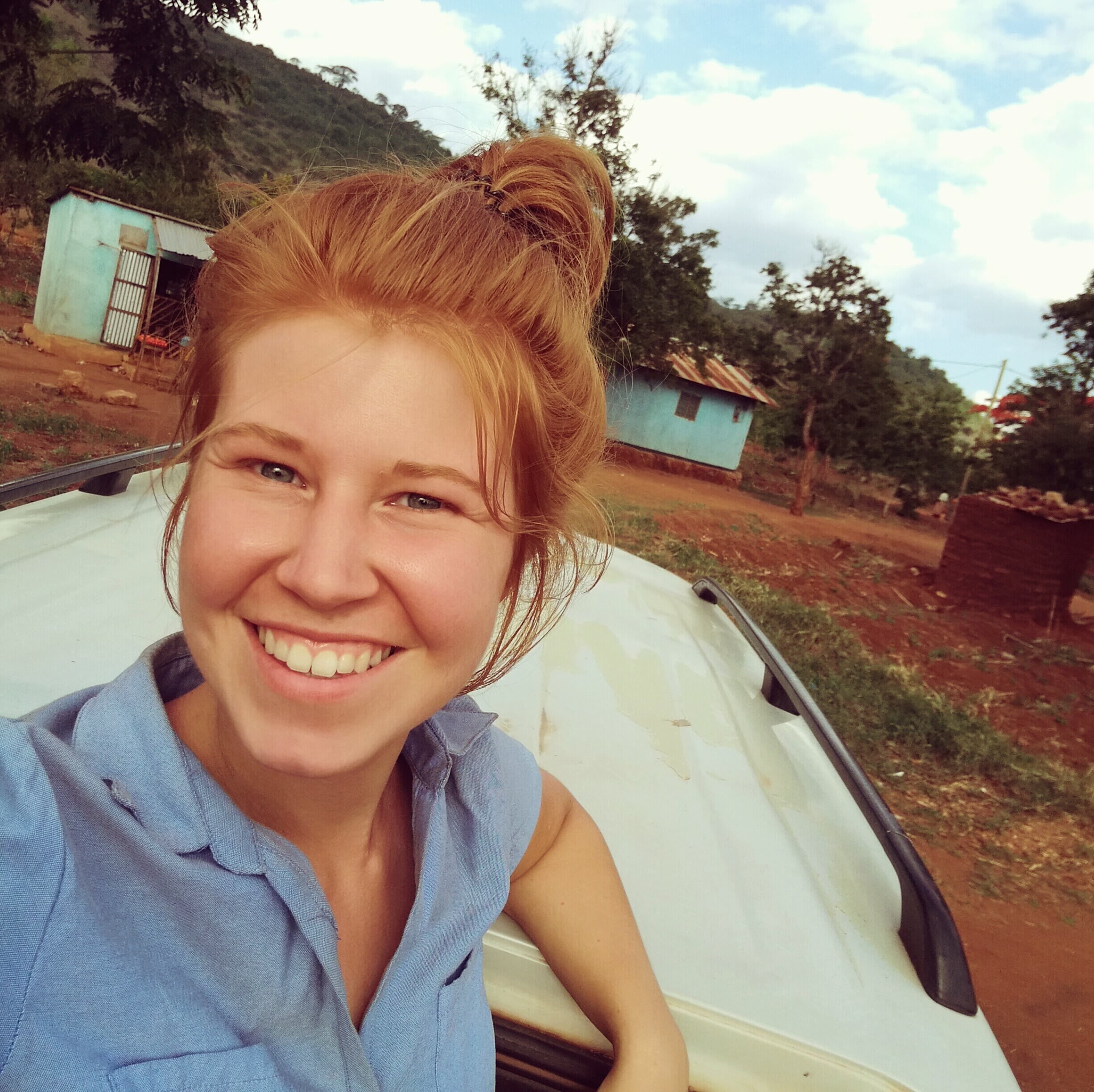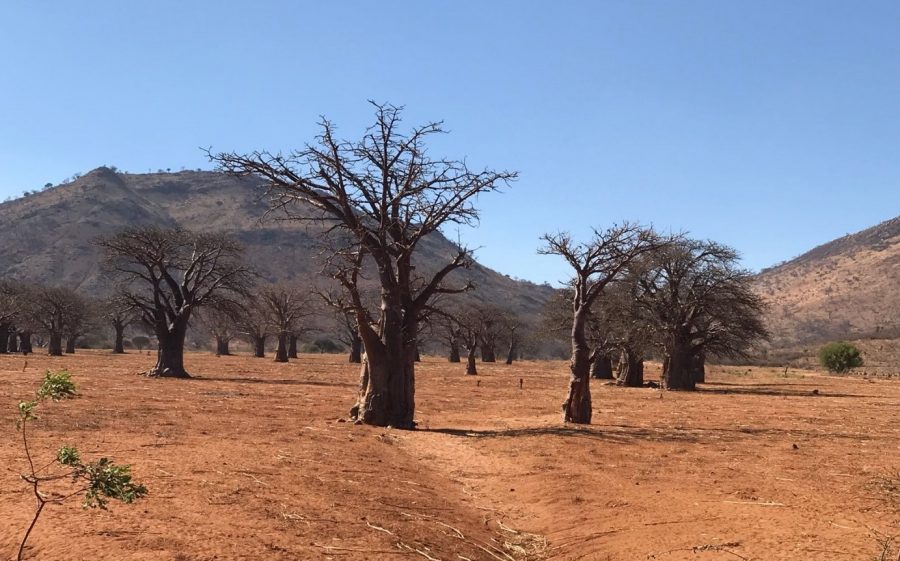‘My heart was saying: Travel! Go to Africa!’
While we worry whether our lawns will ever recover from last summer's hot, dry weather, elsewhere in the world global warming is threatening the very existence of sections of the population. Justdiggit is trying to make problem areas greener, more fertile and ultimately cooler. Alumna Lieke Hulshof works as a project coordinator in Tanzania.

After finishing a Bachelor's degree in Social Geography in Groningen and a Master's degree in Urban Sociology at the University of Amsterdam, Lieke Hulshof (1992) spent eighteen months working in a call centre. ‘I used the time to think long and hard about which career path I should choose. I didn't want an office job, but I did want to help create a better world and focus on sustainability. My heart was saying: Travel! Go to Africa!’
She followed heart and applied for a job with Justdiggit, the company she's been working for in the Dodoma region of Tanzania since December 2017. Famous people including Desmond Tutu and André Kuipers have done their bit for this non-profit organization, which works alongside MetaMeta (Wageningen UR) and is an expert in marketing and fundraising.
One of the organization’s slogans is: ‘If we can warm up the earth, we can also cool it down.’ They hope to achieve this ambition by restoring the soil in problem areas in close, sustainable cooperation with local initiatives and populations. Hot, dry conditions mean that rain water cannot be absorbed by the soil – it evaporates or causes flooding, and washes away the last remnants of fertile land.
Justdiggit supports farming populations, showing them how to use various techniques to make their land greener. The organization took its name from one of these techniques: literally digging open the soil. In the past two years in Kuku (Kenya), the Masai community has dug 72,000 half-moon-shaped holes in the heavy, degraded soil. These water-bunds stop further erosion and collect rainwater, giving it a chance to soak into the soil. This is an essential step in restoring the vegetation.
Thanks to this method, 800 hectares of land have been successfully restored. And while the landscape recovers, the Masai women are sowing and harvesting grass and running a seed bank to generate income.
Hulshof's Tanzanian project is currently focusing on another method, known by the local population as ‘kisiki hai’ which means ‘living stump’, the rough equivalent of ‘responsible management of existing vegetation’. Hulshof: ‘In the area I'm working in, which is about the size of the Netherlands, there are millions of tree stumps. Given the chance, i.e. if they are not gnawed at by livestock or used for firewood, these stumps will regenerate and grow into full-size trees.’
The project is still in its initial phase: ‘We are currently making an inventory of how many tree stumps there are, and which species of trees. My job is to monitor the process, safeguard the quality of the project management and act as the point of contact for all the parties concerned.’ It's still too early to talk about results, but there are impressive success stories coming out of Niger, where the same method was used. Hulshof: ‘If things don't work out, it certainly won't be the fault of the local farmers. It's fantastic to see them working with so much confidence and enthusiasm.’
Text: Kirsten Otten
Photo: Justdiggit

| Last modified: | 19 March 2020 10.27 a.m. |
